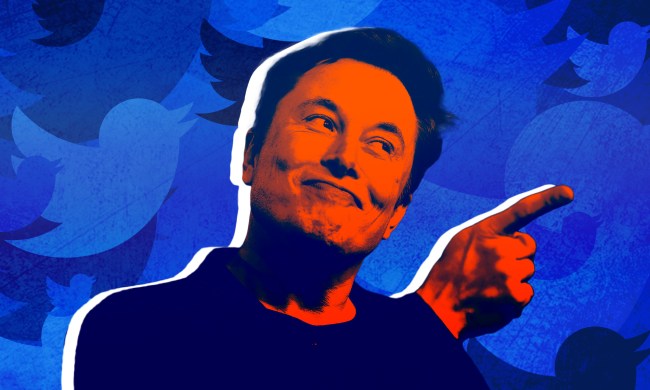 A common problem faced by most social media platforms today is enforcing the age limit rule – kids these days are Internet-savvy enough to sign up for a Facebook or Twitter account without their parents knowing. One of the companies experiencing a tremendous amount of flack for not doing a good job protecting users below 17 when it comes to privacy is Instagram, that popular photo-sharing app we’ve all grown to love that happens to be owned by social media giant Facebook. A lot of concerned citizens – mostly parents and child safety supporters – took their complaints against Instagram to petition site Change.org, asking the company to make default settings private and disable the geotagging feature for users between the ages of 13 and 17.
A common problem faced by most social media platforms today is enforcing the age limit rule – kids these days are Internet-savvy enough to sign up for a Facebook or Twitter account without their parents knowing. One of the companies experiencing a tremendous amount of flack for not doing a good job protecting users below 17 when it comes to privacy is Instagram, that popular photo-sharing app we’ve all grown to love that happens to be owned by social media giant Facebook. A lot of concerned citizens – mostly parents and child safety supporters – took their complaints against Instagram to petition site Change.org, asking the company to make default settings private and disable the geotagging feature for users between the ages of 13 and 17.
As it is, anyone who signs up for Instagram will gain an account that’s public by default. They also have the ability to set locations for photos, making it easier to pinpoint exactly where they were captured. Anybody with complete understanding of the Internet and the adage “nothing online is ever private” can adjust their Instagram accounts accordingly: Users can set their account to private should they decide to restrict access to their photos and can opt not to include geolocations in their posts. However, it becomes harder to gauge the level of this understanding in minors who are becoming more prevalent on the social media site – they often reveal their profile photo, full name, school name, grade level, and have the geotagging option on, making it easy for anyone (child predators included) to find out if they are in school, at home, or anywhere else.
Authored by Kristin Geiser, Mary Hofstedt, and Robin Connell, the Instagram petition discusses the issue that although the privacy and geolocation settings are optional and can be modified, they are often activated unknowingly by young users. “The result is that the public can view the exact location where a child’s photos were taken, usually clustering at the child’s home, school, and primary after-school location (e.g., specific soccer field), which means that the child’s daily path or routine is easily identified and mapped,” the petition reads. “If the child’s account is private and geotagged, photos are easily captured in a screen shot, then the geotag follows the picture and is now associated with the image wherever it is pasted/posted (e.g., public accounts). This not only places the user at tremendous risk, but it places the children who are in the images or even linked to the user at risk also — and they have absolutely no control over this.”
The issue of manually changed settings being restored to the public default whenever a phone’s operating system is upgraded is also mentioned in the plea. “Children and parents who are trying to ensure some degree of privacy for their accounts are not even aware that their settings have changed to public by default with the software upgrade. No notice is sent. The child’s account silently becomes public.”
“Facebook is not doing enough to ensure children under 13 don’t have access to the site,” Joy Spencer, a director of child safety for the Center for Digital Democracy, told the Washington Post. “That raises a number of concerns about safety and because Instagram then is able to collect personally identifiable information on children, which can be used to target ads toward them in the future.”
Nicky Jackson Colaco, Facebook Manager of Privacy and Safety, confirmed with the Post that Instagram currently does not track its underage users and only “asks for data that is essential to operate [their] service.” However, much like its parent company Facebook, it entertains any report on underage and inappropriate activity through proper channels.
The argument of letting people opt-in instead of opt-out is almost as old as Facebook itself – anybody conscious enough to switch it to public ought to understand the risks connected to the setting change. It also is a safe assumption that anyone with a pulse and 100 percent comprehension can easily get on any social media site – including kids – so parents and concerned adults ought to be more proactive and discuss the repercussions of putting up information online, whether the underage user is technologically capable or not. However, it’s a concept that Facebook has evaded this long, and it’s safe to assume Instagram isn’t about to go private by default either. But could some privacy-focused measures for underage users be a compromise the platform is willing to explore? That remains to be seen.


